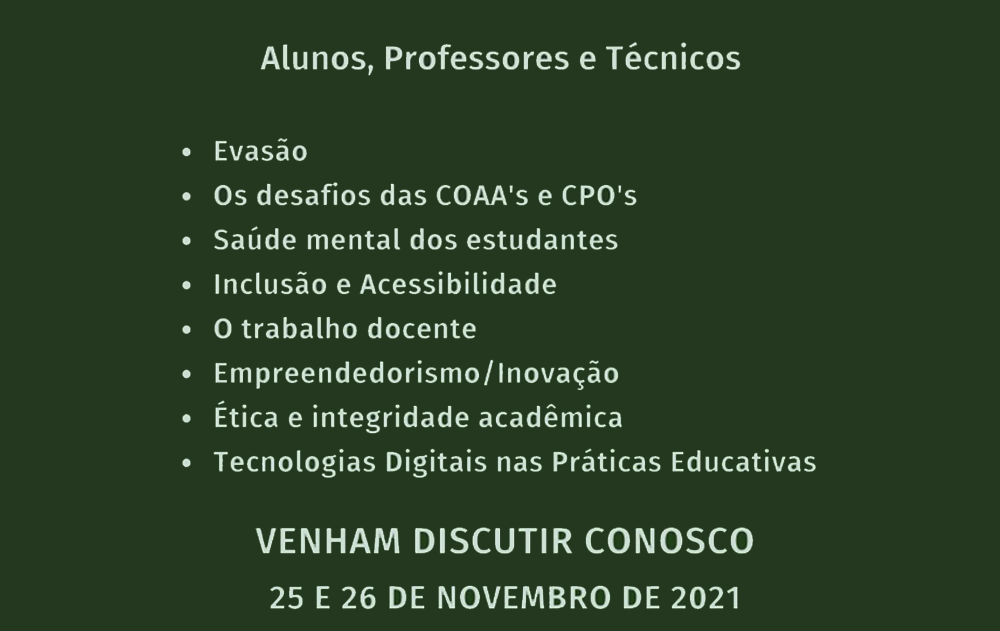The questionnaires used for institutional course assessments by the student body are on the one hand often poorly structured and biased, rendering them worthless for the purpose for which they are apparently intended.
On the other hand, students have little experience in evaluating subjects regarding their importance and objectives, in terms of their professional training, and, therefore, their evaluations tend to be influenced by the opinions of other students who have already gone through the subject, as well as by personal factors, that is, of a psychological order, some relating to the teacher as a person.
Another factor of bias involves the students of the first and second periods. They are fresh out of high school and have no experience or maturity to evaluate courses they are contacting for the first time. Most of these students do not even have an idea of the nature and purpose of the degree they are enrolled in; however they tend to change as they move along the course, as they begin to gain experience and become aware of career perspectives.
In turn, many questionnaires are elaborated following an inadequate scoring system, allocating a final "mark" to the course. For example, answers of the student that are contradictory with his/her evaluation are not disregarded nor are the students clearly informed concerning the marking criteria. Most of the time, the questionnaires are elaborated hastily, without regard to the different factors necessary for a reliable evaluation, that is, they are not structured or semi-structured, and are generally not in agreement with the qualitative research postulates. Moreover, the bias provided by the subjectivity and sometimes emotional factors of the student body cancels out, in many cases, the value of the questionnaire as a reliable evaluative instrument.
Finally, some questionnaires that we had the opportunity to examine, among several offered by the Internet (some from different student bodies), are of a persecutory and punitive nature (the emotional bias mentioned above), therefore without contextual evaluative purpose. Such anomalies must, in our view, be disregarded.
Thus, a model questionnaire was elaborated in which the student evaluation is corrected, at least in part, for such biases.
EVALUATION OF THE QUESTIONNAIRES
Questions 3 to 7 in the Subject questionnaire evaluate the course quantitatively. YES marks one point each, and NO marks a zero point. The alternative DO NOT KNOW denotes that the student is unsure about the answer and was honest in declaring it, and thus this answer must be worth one point. The maximum score of the group is 5. The questionnaire was designed in order to reduce the biases of the student evaluation considering that the student does not have pedagogical experience or professional knowledge of the subject, which makes him/her apt only to evaluate according to the perspective of his own performance. Questions 1 and 2 are used to remind the student of his commitment to be honest in answering the following questions, and question 8 shows him that he is expected to be trustworthy in his assessment, which makes him our partner. With this, we believe that the above questionnaire will be minimally biased.
SCORING SYSTEM (FOR THE EVALUATOR):
YES - 1 POINT
NO - 0 POINT
DO NOT KNOW - 1 POINT
TOTAL SCORE
INSUFFICIENT (1 to 2 points)
REGULAR (3 points)
GOOD (4 to 5 points).





















